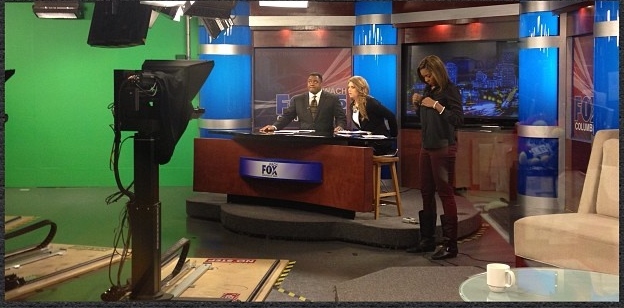Many broadcast journalists will tell you one of the coolest things about being on TV is the recognition that comes with it. Ron Burgundy, the star of the movie “Anchorman,” summed it up best when he said “people know me.”
The fact that people in your small market do know you not only means they’re watching your newscast, but they’re also listening to what you say. The comments on your station’s social media feeds should be more than enough to back up my claim. This is why it is important that you think before you speak.
You’re going to cover numerous stories throughout your career and you will have strong opinions on many of them; but guess what? Your viewers don’t need to know and quite frankly they don’t care.
A reporter in New York recently found this out the hard way. He was doing a story about a police officer who was killed in the line of duty. His story was fine. It was the controversial rant he made about young black men in his live tag that didn’t sit well with some of his viewers.
As a result, the station suspended the reporter. He later quit after the suspension was lifted, because he said the station made him an offer he had to refuse; one day of work a week.
Working in live TV, we all put our foot in our mouths at some point and usually viewers are forgiving, but not all the time. Again, that’s why it is important that you think before you speak.
The fact that people in your small market do know you not only means they’re watching your newscast, but they’re also listening to what you say. The comments on your station’s social media feeds should be more than enough to back up my claim. This is why it is important that you think before you speak.
You’re going to cover numerous stories throughout your career and you will have strong opinions on many of them; but guess what? Your viewers don’t need to know and quite frankly they don’t care.
A reporter in New York recently found this out the hard way. He was doing a story about a police officer who was killed in the line of duty. His story was fine. It was the controversial rant he made about young black men in his live tag that didn’t sit well with some of his viewers.
As a result, the station suspended the reporter. He later quit after the suspension was lifted, because he said the station made him an offer he had to refuse; one day of work a week.
Working in live TV, we all put our foot in our mouths at some point and usually viewers are forgiving, but not all the time. Again, that’s why it is important that you think before you speak.

 RSS Feed
RSS Feed